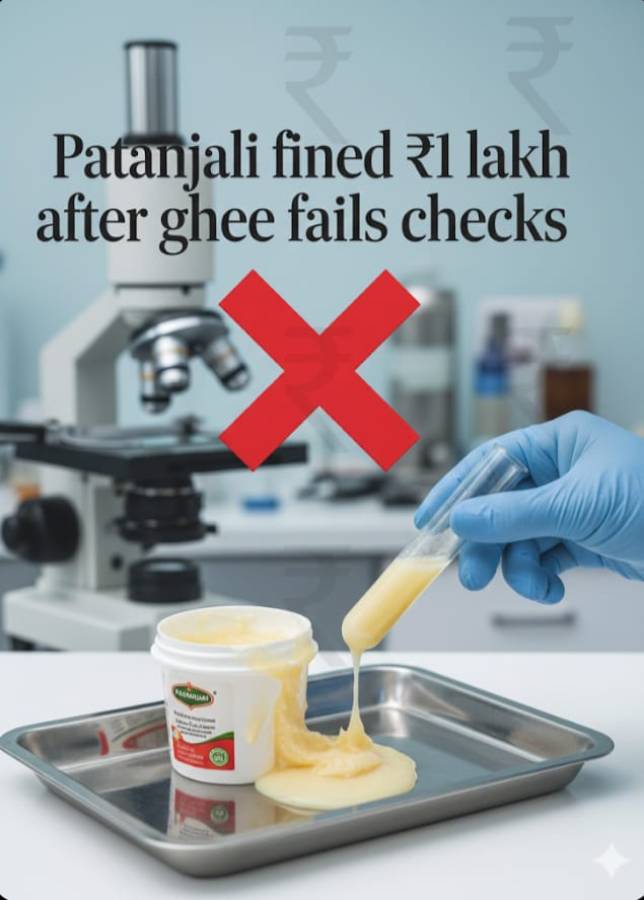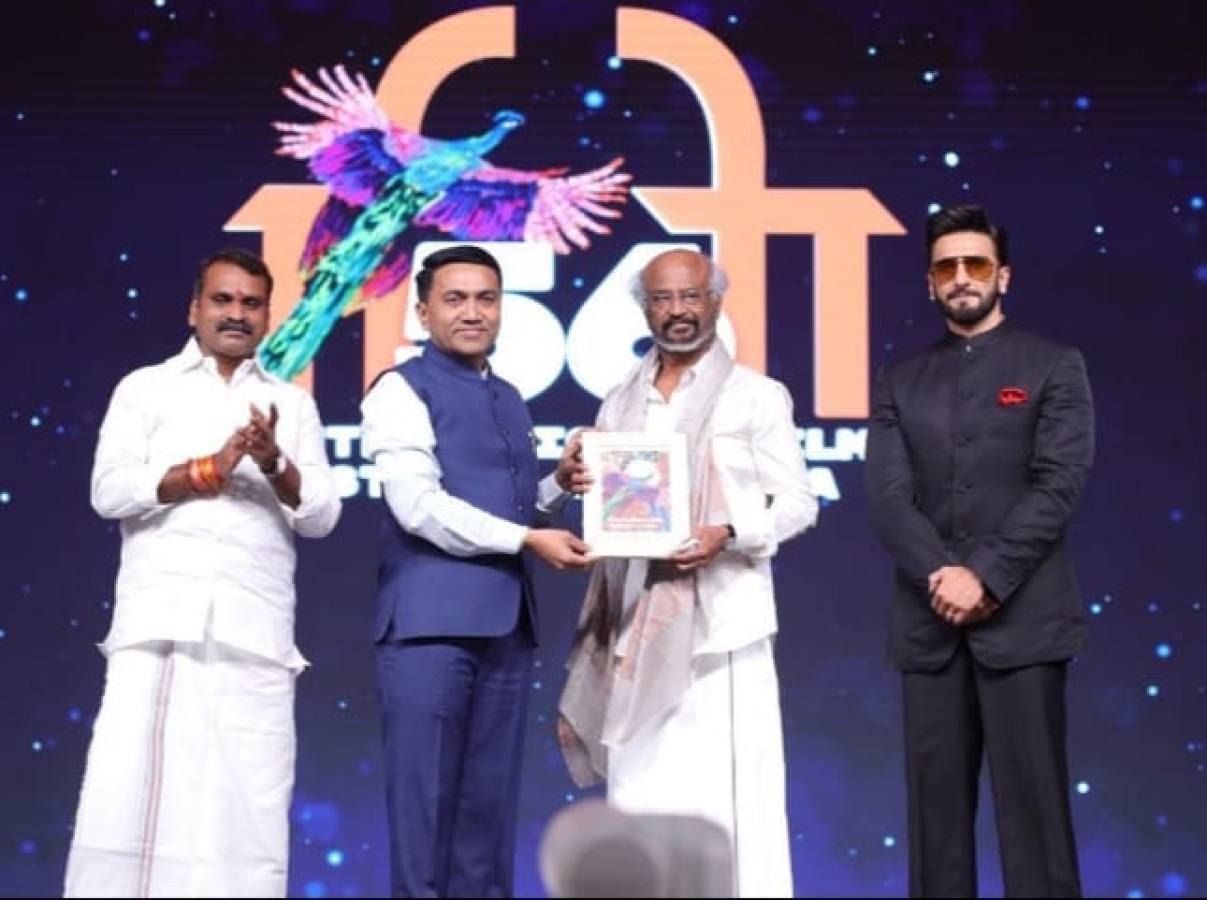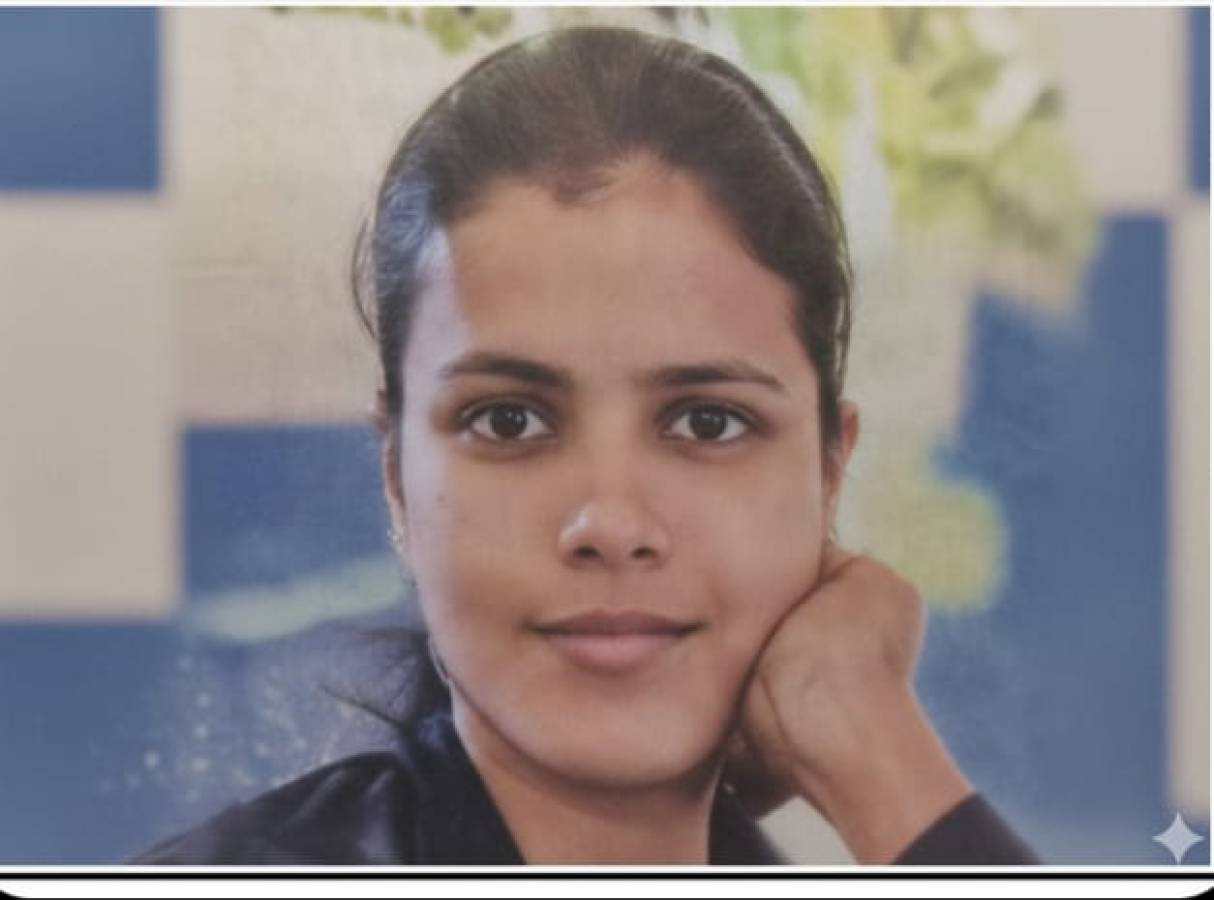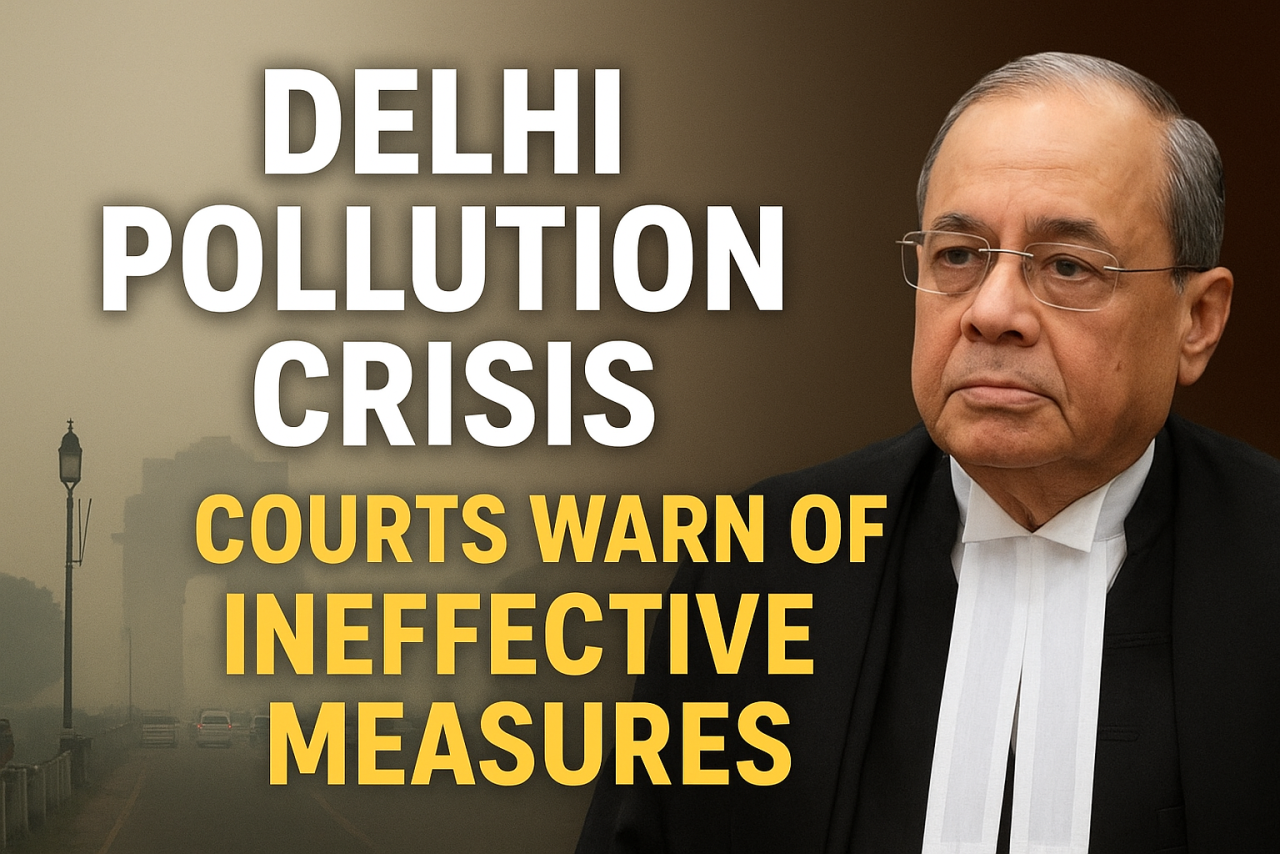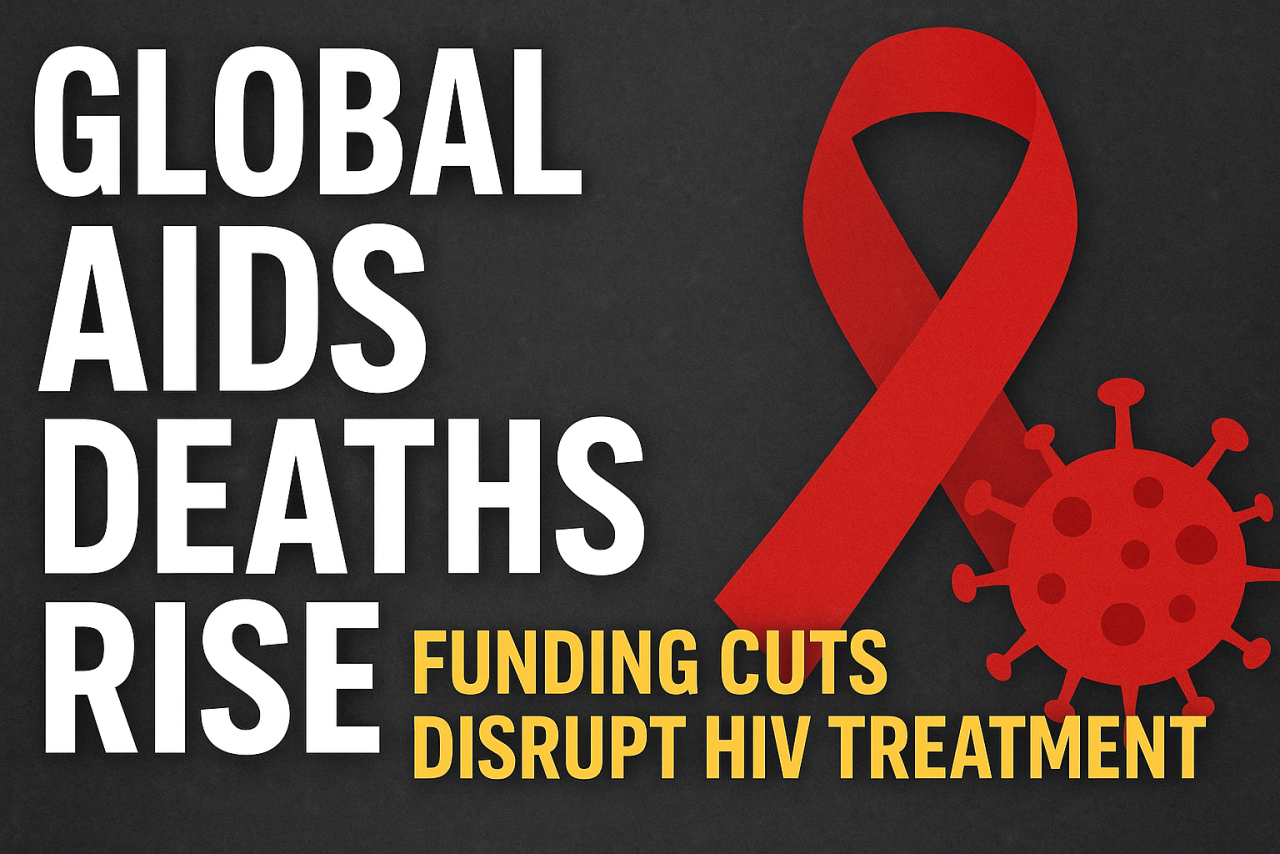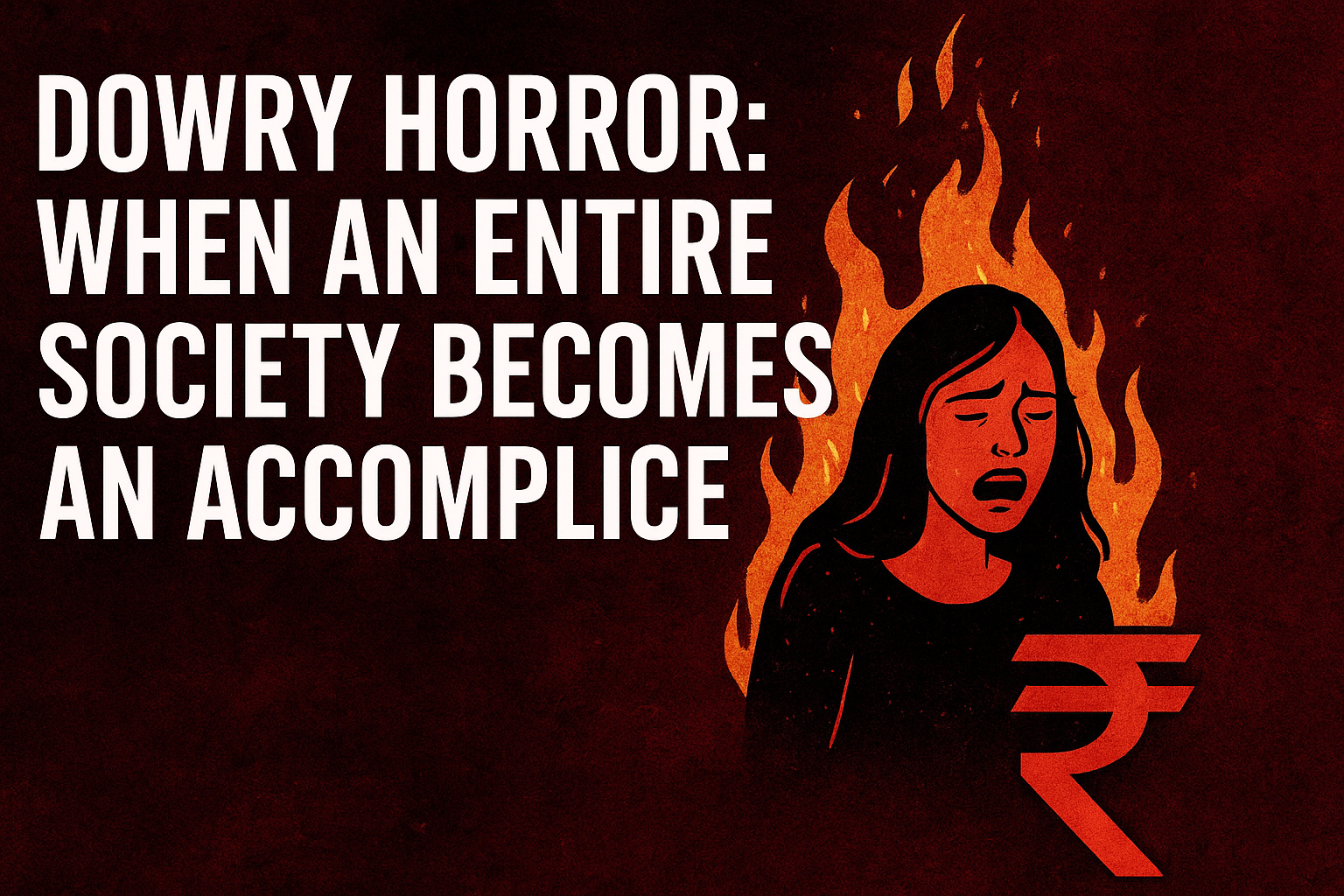
The horrific death of 28-year-old Nikki Bhati in Greater Noida is being investigated as a dowry murder. But it is much more than the failure of one person or one family. It is the failure of an entire society.
A tragic ending with familiar echoes
Nikki and her sister were known as the “Makeover by Kanchan” duo—a successful beauty parlor and social media venture. Nikki fought for her independence. She wanted to resume her business and post Instagram reels. Yet her husband, Vipin Bhati, and his family allegedly demanded ₹35–36 lakh in dowry, despite gifts of vehicles, gold, and cash already given. On August 21, the confrontation turned deadly. Nikki was allegedly set on fire. Her young son’s words still echo—“Papa put something on Mamma and lit her on fire.”
Four people—the husband, mother-in-law, and brother-in-law—are now in custody. Laws like the Bharatiya Nyaya Sanhita, which replace older provisions, allow presumption of guilt when harassment over dowry leads to death. The nation is watching.
Yet focusing only on the individuals obscures a deeper truth. This tragedy exposes the collapse of society itself.
When society signals that dowry is acceptable
Dowry began as a gift from parents to their daughters, a form of security. Over time, it twisted into coercion. Families began to expect it, mediators negotiated it, and society rewarded it. In many communities, dowry has become a status symbol. Rejecting a dowry or failing to meet demands brands the bride and her family as inferior.
That this oppressive system persists despite decades of laws shows a collective endorsement. Bridal advertisements, wedding convoys, and media coverage all celebrate lavish dowries. These cues normalize the practice, making it appear natural to both givers and takers. In essence, society legitimizes dowry.
Laws exist—but implementation fails
The Dowry Prohibition Act, IPC Section 304B (now BNS), Section 498A, and the Domestic Violence Act criminalize giving, taking, or demanding dowry, with harsh penalties. Yet underreporting, slow investigations, low conviction rates, and police mediation instead of prosecution mean most cases never see justice.
The Nikki case unfolded in broad daylight. Yet it was only after a video surfaced and public outrage erupted that the wheels of justice began to move. That alone reveals how troubling our social norm has become.
A collective moral debt
We must see that dowry violence, like what happened to Nikki, is not just a family matter. It is cultural violence, kept alive by society’s silence. Every gift list prepared, every wedding song that praises dowry, every tradition left unquestioned—each one chips away at the dignity of girls and women.
A mirror for all of us
Nikki was not just one woman who died under brutal circumstances. She was one of thousands whose deaths form chapters in a national crime. Dowry deaths are not statistics. They are indictments of our collective inaction. Around 6,000–7,000 women still die by dowry-related violence every year.
Until society as a whole rejects the idea that marriage is a transaction and stops treating women as burdens, tragedies like Nikki’s will continue. To honor her memory, we must demand systemic change, not only punish individuals. Only then can rising social conscience translate into saving lives.








